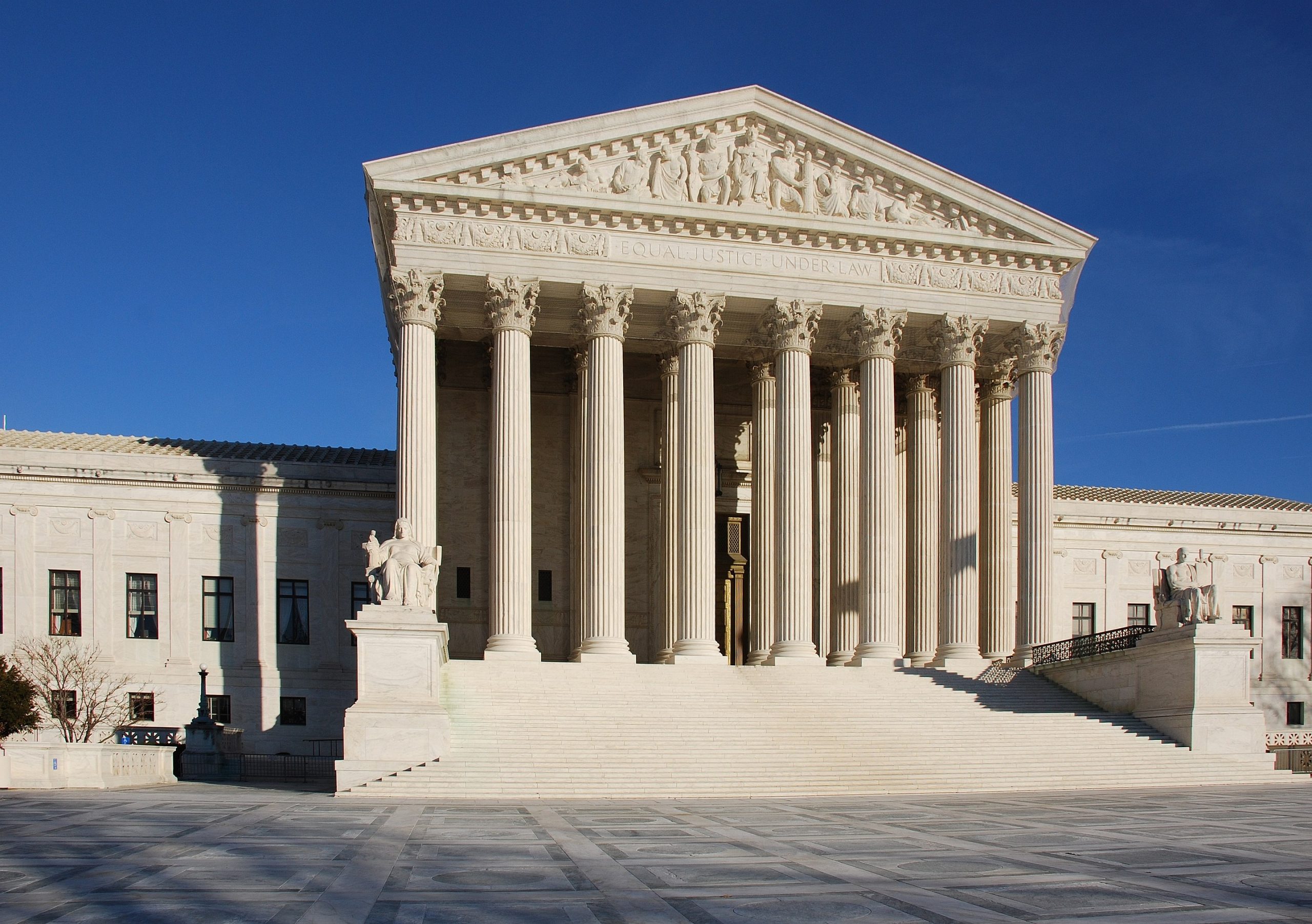Podcast: Play in new window | Download | Embed
The Lower Brule Sioux Tribe is banishing Gov. Kristi Noem (R-SD) from its reservation until further notice.
South Dakota Public Broadcasting’s Lee Strubinger reports.
The ban, which was approved unanimously on Wednesday, was first reported by the Rapid City Journal.
Speaking to South Dakota Public Broadcasting a day before the ban, Chairman Clyde Estes says the tribe takes issue with the governor’s words during a townhall in March.
Then, the Republican governor said tribal members benefit from a Mexican drug cartel presence.
Estes says he draws the line at Gov. Noem saying Native American children have no hope.
“There’s a lot of unfortunate things that are said that are hurtful to our people, especially our children. All I’ve asked for is she send a written apology to our children and then to the parents.”
Eight of nine tribal governments located in South Dakota have now banned the governor from their reservations.
The ban comes as Gov. Noem is heading to the Mexico–United States border on the Texas side Thursday.
Friday morning, she’s holding a press conference to discuss the southern border and what she says are cartel presence on South Dakota’s tribal lands.
Tribal leaders denounce Gov. Noem’s claims about cartels on reservations.
Lower Brule Chairman Estes calls it “another blatant misstatement.”
 Lake County intends to pull out of a decades-long agreement to oversee felony jurisdiction on northwest Montana’s Flathead Reservation next week.
Lake County intends to pull out of a decades-long agreement to oversee felony jurisdiction on northwest Montana’s Flathead Reservation next week.
Montana Public Radio’s Aaron Bolton reports the decision comes after failed negotiations with the governor’s office.
Lake County says it can’t afford to jail and prosecute felony crimes on the reservation because it can’t collect taxes on tribal trust lands.
Commissioner Gale Decker says the county had some recent discussions with the governor’s office about funding, but they didn’t go anywhere.
“The last conversation was that the governor is preparing the proclamation for release on Monday.”
That proclamation will officially remove Lake County from the agreement, known at public law 280.
Last month, Attorney General Austin Knudsen said Gov. Greg Gianforte (R-MT)’s office was willing to negotiate legislation that could fund Lake County’s law enforcement services on the reservation.
Knudsen said he would mediate the negotiations.
When asked about the discussions with the county, Gov. Gianforte’s office pointed back to his letter vetoing legislation last year that would have funded law enforcement services.
Gov. Gianforte has said the state also plans to pull out of the agreement.
County commissioners say the county will still oversee felonies until it becomes clear when the federal government can step in.
Montana’s top federal prosecutor has said federal agencies have limited resources and would only prosecute high-level felonies.
Apache Stronghold, a coalition of Apache people and their allies, will ask the U.S. Supreme Court to protect Oak Flat in Arizona from a copper mine.
This comes after the full Ninth Circuit Court of Appeals refused to rehear the group’s case Apache Stronghold v. the U.S.
The area is sacred to Western Apache and other Native people who say the mining project violates religious freedom.
In March, the group received a blow in its efforts to protect Oak Flat after a panel of 11 judges on the appeals court ruled 6-5 that the federal government can transfer Oak Flat to Resolution Copper.
This week, attorneys said the full 29-judge federal appeals court’s refusal paves the way for an appeal to the high court.
Resolution Copper says the project will supply copper, create jobs, and boost Arizona’s economy.
Attorneys say Apache Stronghold’s Supreme Court appeal is expected by August.
Get National Native News delivered to your inbox daily and stay up-to-date on the 2024 Native Vote. Sign up for our daily newsletter today.




